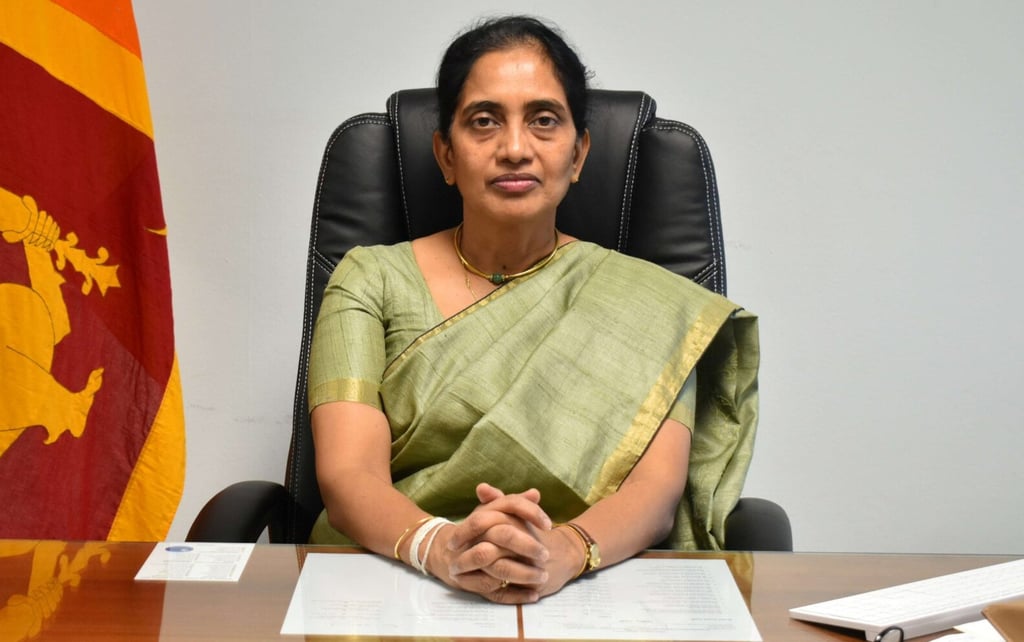Modern slavery in Australia’s diplomatic heart: envoys’ abuse of domestic workers exposed
Recent court rulings reveal harrowing stories of abuse and neglect at the hands of envoys operating under diplomatic immunity in Canberra

The Sri Lankan government implying “that there doesn’t seem to be anything wrong about this arrangement … is kind of mind-blowing from an Australian perspective,” said David Hillard, Danaratna’s lawyer.
The case follows a similar incident in March involving a former Indian high commissioner who paid his domestic worker less than A$10 (US$6.70) a day for over a year. Both cases highlight abuses of diplomatic immunity from criminal prosecution and the urgent need for stronger enforcement against modern slavery in Australia.

Danaratna, a former cleaner with no English skills, was specifically sought out by Arunatilaka to work in Australia. For three years of work, from 6am to 10pm every day, she was paid A$11,212. Her wages were deposited irregularly into a Sri Lankan account and she had only two days off.
